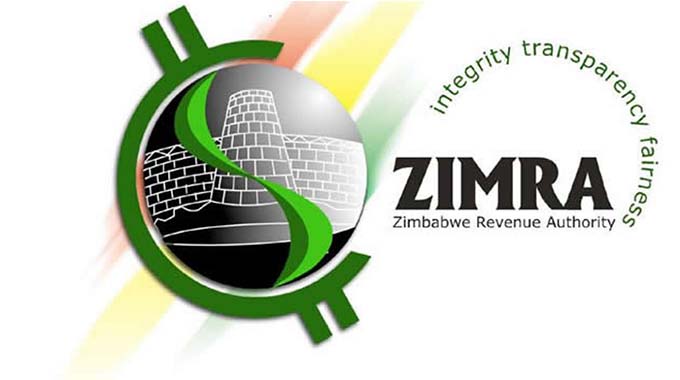Workers’ leaders and discipline handling

Davies Ndumiso Sibanda
MANY workers’ leaders wrongly think that once they have been appointed to be members of the workers’ committee, they have a licence to represent workers in disciplinary hearings.
This thinking is misplaced as representing workers in disciplinary hearings require proper training on the role of the workers committee and discipline law. The training is ordinarily facilitated by the employer, the trade union or both.
Where a new workers’ committee has been elected or appointed by workers in terms of section 23 of the Labour Act Chapter 28:01, it is advisable that the members be trained in their new role. The training must be by someone who understands labour relations and the world of work.
Workers’ leaders must understand pre-disciplinary hearing challenges that include pre-judging of cases, subtle threats to those presiding over the case and intimidation of interests by either side. At times the offence and the charge might not be related, untrained people might be called upon to preside over the case and many other shortcomings.
I have appeared before disciplinary authorities who have no clue of basic principles of natural justice or common law, which means they break the law at every turn resulting in a simple case becoming expensive later. The disciplinary authority has a duty to ensure fairness and that code procedures are followed, that the truth of what really happened is exposed, help ensure that the interests of the business and alleged offender are balanced. In short, it is to help ensure that a fair and just hearing is conducted in accordance with provisions of section 65 (1) of the Constitution of Zimbabwe.
For reasons given above, members of the workers’ committee should insist on being trained before they participate in disciplinary hearing. In one hearing, I saw members of the workers’ committee walking out of a hearing arguing that the hearing cannot continue without them as there was no longer a quorum. The hearing continued and the worker was dismissed. On appeal, the appeals authority threw out the appeal on grounds of quorum and ruled that no prejudice had been shown to have occurred after the two workers’ committee members had left. The worker’s case was worsened by the fact that the defendant and representatives had also walked out thus denying the defendant the opportunity to be heard.
Such reckless errors with workers’ lives can be avoided if workers’ leaders are trained. Some leaders that have been trained still do not prepare for the hearing resulting in workers being unfairly punished due to poor representation.
Workers’ leaders should go through the case before them, analyse all the evidence for and against their member, seek guidance from decided cases and former members of the workers’ committee. Where the case is complex, trade unionists can be roped in to provide guidance. Human Resources people can also be contacted to assist. All this requires good analytic and judgement skills. In conclusion, trained workers’ leaders help handle disciplinary cases in a fair and just manner thus improving labour relations and productivity.
Davies Ndumiso Sibanda can be contacted on: email: [email protected]









Comments